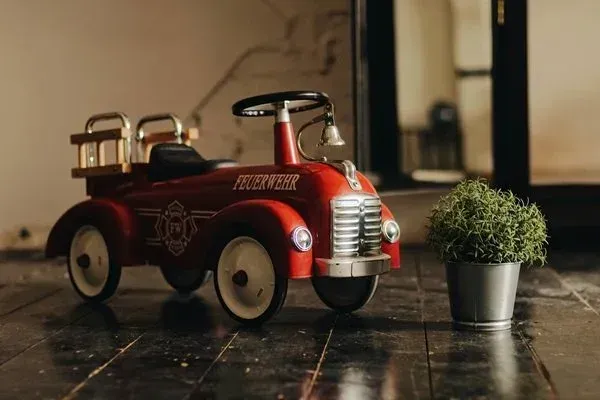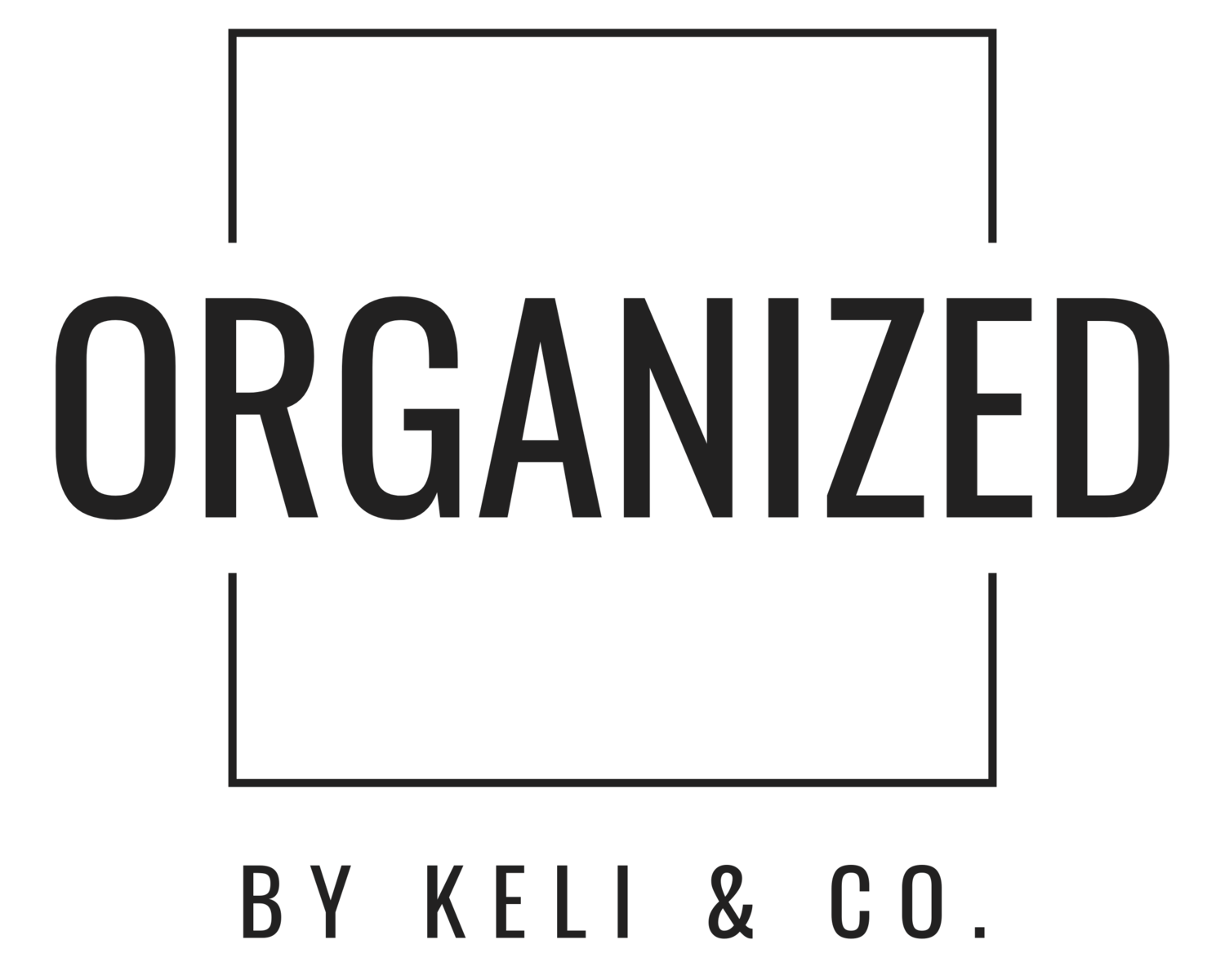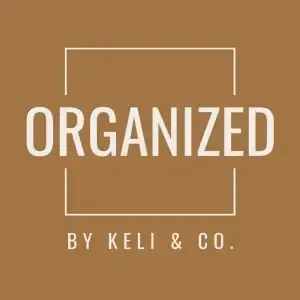Move In and Move out with Life
Matter Most
Our professional organizers can manage and transition so you can focus on what matter most
Save Energy
Save Time
Save your Sanity
Move In and Move out with Life
Matter Most
Our professional organizers can manage and transition so you can focus on what matter most
Save Energy
Save Time
Save your Sanity
Move In and Move out with Life
Matter Most
Our professional organizers can manage and transition so you can focus on what matter most
Save Energy
Save Time
Save your Sanity
Move In and Move out with Life
Matter Most
Our professional organizers can manage and transition so you can focus on what matter most
Save Energy
Save Time
Save your Sanity
KELI & CO
WELCOME TO THE BLOG

Organizing for Life’s Big Changes: Sorting Through Your Grown Kids’ Stuff
Life transitions have a way of shining a light on every corner, closet, and box in our homes. One of the most common and surprisingly emotional tasks for parents is deciding what to do with the belongings our grown children have left behind. Whether they have moved out for college, started a career in another city, or built families of their own, their “stuff” often stays behind, tucked into basements, attics, or spare rooms.
For me, this season feels especially real. We just celebrated my son’s senior sunrise to kick off his last year of high school, and senior pictures are already on the calendar. He’s the last in our blended family of four kids, and the reality of an empty nest is starting to sink in. I’m not entirely sure how ready I am, but I know it’s coming nonetheless. And with it comes the task of sorting through years of memories tucked into boxes, bins, and closets.

Why This Feels So Hard
Sorting through your child’s possessions is never just about the items themselves. It’s about the memories they hold. A box of trophies isn’t just plastic and metal; it’s Saturday mornings on the soccer field. A stack of sketchbooks isn’t just paper; it’s the summer they couldn’t stop drawing.
I’m reminded of an episode of Parenthood where a father talks about the moment your child leaves home. He says it’s not just one version of them walking out the door—it’s every version you’ve ever loved. The baby you held, the toddler who clung to your leg, the teenager learning to drive—they all seem to leave at once. That’s the weight you feel when you open a closet or a box from their childhood.
This emotional layer can slow progress and lead to “I’ll just deal with it later” syndrome.
Signs It’s Time to Tackle It
You’re preparing for a move or downsizing
You want to reclaim a space for a new purpose (guest room, office, hobby space)
You feel weighed down by clutter and unfinished decisions
Your kids are ready to take ownership or let go of their things
How to Approach the Decluttering Process
Set the Stage
Decide on a realistic timeframe and communicate it to your kids. Give them the opportunity to be part of the decision-making, whether in person or virtually.
Sort in Categories
Break it down into:
Keep (items they want to take)
Donate (items in good condition)
Toss (items beyond repair or usefulness)
Memory Box (a small, curated collection of keepsakes)
Respect Their Autonomy
If your adult children are hesitant to make decisions, offer guidance but avoid deciding for them without consent unless they have given you the green light.
Set Boundaries
Be clear about how much space you are willing to allocate for their stored items moving forward. This prevents your home from becoming a long-term storage unit.
Honor the Memories Without Keeping Everything
Take photos of bulky or fragile items before letting them go. Create a scrapbook or digital album so the memories live on without taking up physical space.
When to Bring in Help
If emotions are high or the volume feels overwhelming, consider bringing in a professional organizer. A neutral third party can keep the process moving while respecting the sentimental value of certain items.
The Gift in Letting Go
Sorting through your grown kids’ stuff is more than just a decluttering project. It’s a milestone in your family’s journey. It’s an opportunity to release the past with gratitude, make space for what’s next, and model healthy decision-making for your children.
Life Interrupted happens to all of us. By facing these transitions intentionally, you can move through them with less overwhelm and more clarity. And maybe, just maybe, you’ll discover that an empty room isn’t a loss. It’s a new beginning waiting to take shape.
Warmly,
Keli

Organizing for Life’s Big Changes: Sorting Through Your Grown Kids’ Stuff
Life transitions have a way of shining a light on every corner, closet, and box in our homes. One of the most common and surprisingly emotional tasks for parents is deciding what to do with the belongings our grown children have left behind. Whether they have moved out for college, started a career in another city, or built families of their own, their “stuff” often stays behind, tucked into basements, attics, or spare rooms.
For me, this season feels especially real. We just celebrated my son’s senior sunrise to kick off his last year of high school, and senior pictures are already on the calendar. He’s the last in our blended family of four kids, and the reality of an empty nest is starting to sink in. I’m not entirely sure how ready I am, but I know it’s coming nonetheless. And with it comes the task of sorting through years of memories tucked into boxes, bins, and closets.

Why This Feels So Hard
Sorting through your child’s possessions is never just about the items themselves. It’s about the memories they hold. A box of trophies isn’t just plastic and metal; it’s Saturday mornings on the soccer field. A stack of sketchbooks isn’t just paper; it’s the summer they couldn’t stop drawing.
I’m reminded of an episode of Parenthood where a father talks about the moment your child leaves home. He says it’s not just one version of them walking out the door—it’s every version you’ve ever loved. The baby you held, the toddler who clung to your leg, the teenager learning to drive—they all seem to leave at once. That’s the weight you feel when you open a closet or a box from their childhood.
This emotional layer can slow progress and lead to “I’ll just deal with it later” syndrome.
Signs It’s Time to Tackle It
You’re preparing for a move or downsizing
You want to reclaim a space for a new purpose (guest room, office, hobby space)
You feel weighed down by clutter and unfinished decisions
Your kids are ready to take ownership or let go of their things
How to Approach the Decluttering Process
Set the Stage
Decide on a realistic timeframe and communicate it to your kids. Give them the opportunity to be part of the decision-making, whether in person or virtually.
Sort in Categories
Break it down into:
Keep (items they want to take)
Donate (items in good condition)
Toss (items beyond repair or usefulness)
Memory Box (a small, curated collection of keepsakes)
Respect Their Autonomy
If your adult children are hesitant to make decisions, offer guidance but avoid deciding for them without consent unless they have given you the green light.
Set Boundaries
Be clear about how much space you are willing to allocate for their stored items moving forward. This prevents your home from becoming a long-term storage unit.
Honor the Memories Without Keeping Everything
Take photos of bulky or fragile items before letting them go. Create a scrapbook or digital album so the memories live on without taking up physical space.
When to Bring in Help
If emotions are high or the volume feels overwhelming, consider bringing in a professional organizer. A neutral third party can keep the process moving while respecting the sentimental value of certain items.
The Gift in Letting Go
Sorting through your grown kids’ stuff is more than just a decluttering project. It’s a milestone in your family’s journey. It’s an opportunity to release the past with gratitude, make space for what’s next, and model healthy decision-making for your children.
Life Interrupted happens to all of us. By facing these transitions intentionally, you can move through them with less overwhelm and more clarity. And maybe, just maybe, you’ll discover that an empty room isn’t a loss. It’s a new beginning waiting to take shape.
Warmly,
Keli



